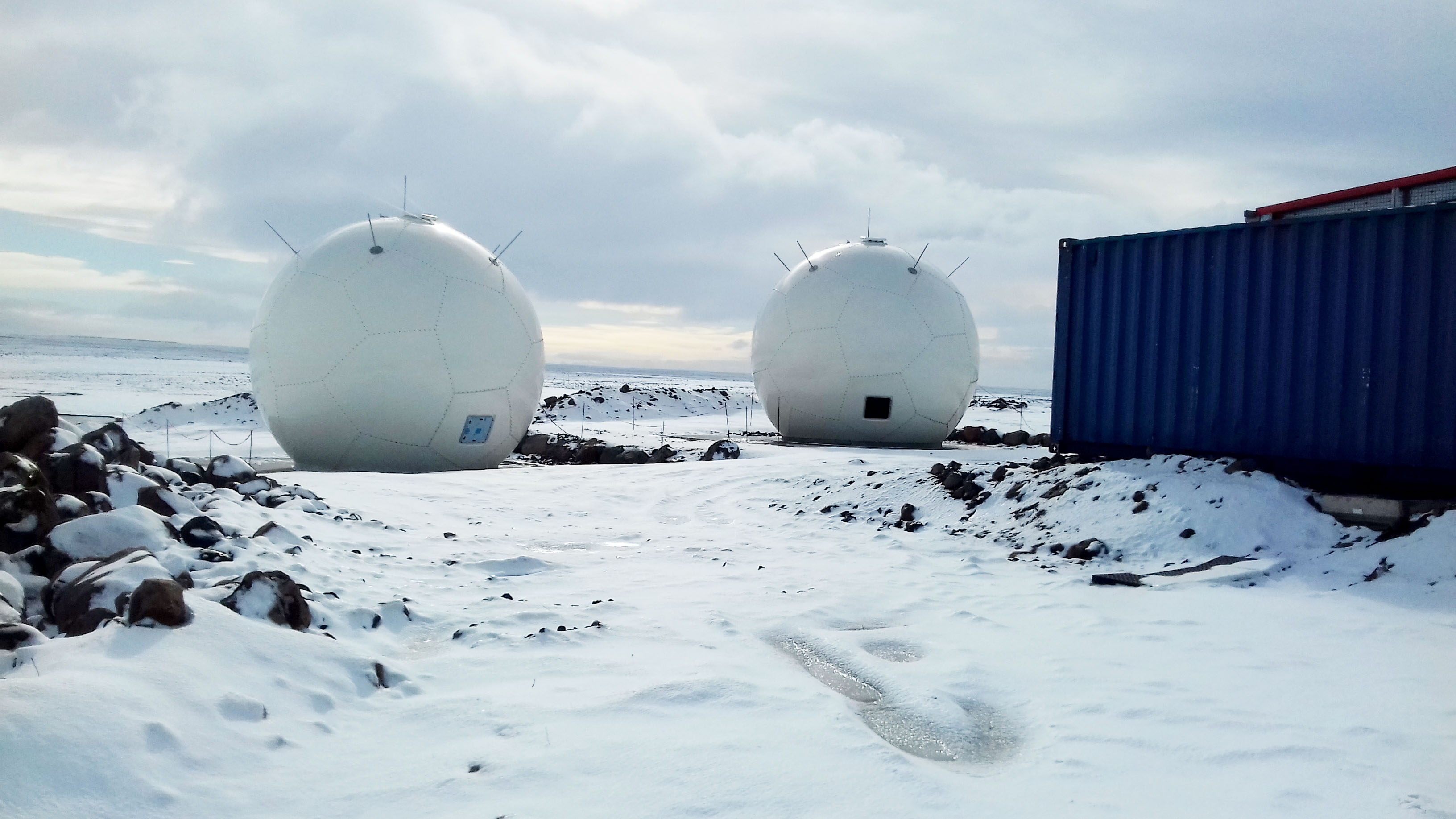Spaceopal is equal-share joint venture between Telespazio and DLR Gesellschaft für Raumfahrtanwendungen (GFR) mbH and the prime contractor for the operational services of Galileo.
The installation of the infrastructure now begins, followed by integration and testing of the GSS apparatuses, which will continue until May 2022, when it will become part of the Galileo GSS network.
The Galileo GSS network includes antennas all over the world essential for real-time control and monitoring of the signal precision and quality of Galileo satellites, as well as establishing their orbits with precision.
The new infrastructure in the Kerguelen Islands replaces the previous one, built in the earliest stages of the programme, as part of an update of the world-wide network of the Galileo Ground Segment required to permit Full Operational Capability of the European navigation and positioning system, guaranteeing an accurate, precise signal at all times for users all over the world.

An unprecedented challenge
Situated in the subantarctic region of the Indian Ocean, about 3300 km off the coast of Madagascar, with a population of about 150 scientists, researchers and soldiers, the Kerguelen Islands, under French jurisdiction, are among the world’s most isolated places. This may be why they are also known as the Desolation Islands.
When EUSPA signed a contract with Spaceopal for the implementation of the system in 2019, installation of the new GSS appeared to be a major logistical challenge.
Under the leadership of the EUSPA, Spaceopal supported by its industrial team for these actions composed of the Telespazio group, SES and TAAF coordinated the work as the Galileo Service Operator (GSOp), interfacing with the supplier of GSS apparatuses, Thales, while ensuring the project’s consistency with GSS sites all over the world.
Telespazio designed the site’s Galileo Data Dissemination Network (GDDN), the connection to the Galileo communications network required for interconnection of the entire Ground Segment of the system, from the two Control Centres in Italy and Germany to the network of uplink, telemetry and GSS stations all over the world, operated by SES.
Lastly, Telespazio Belgium took care of site planning and coordination with TAAF for system implementation.

